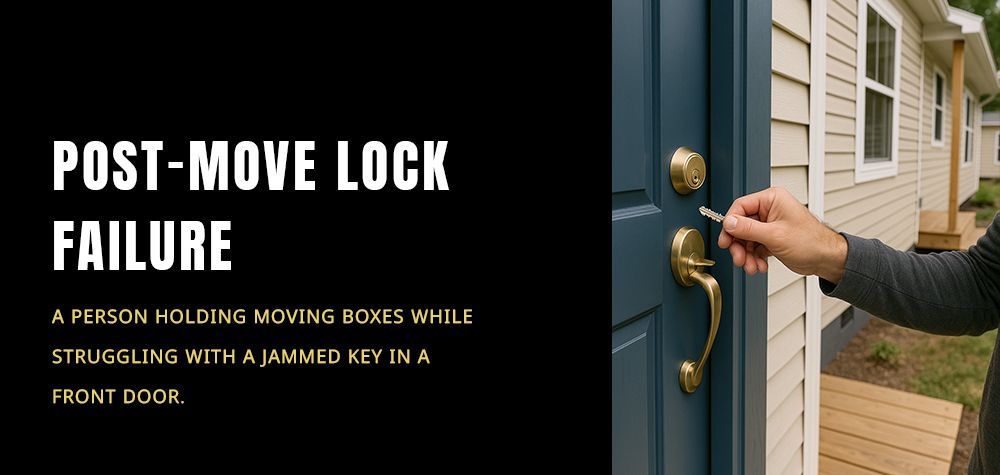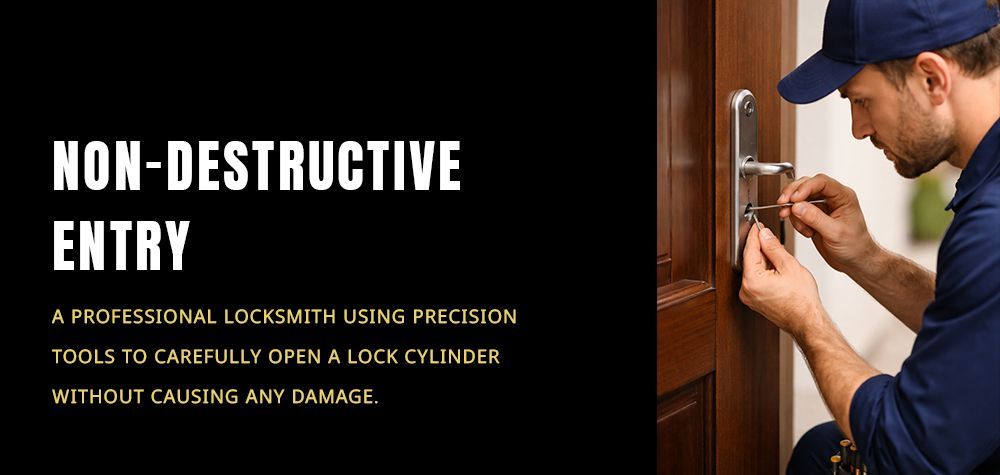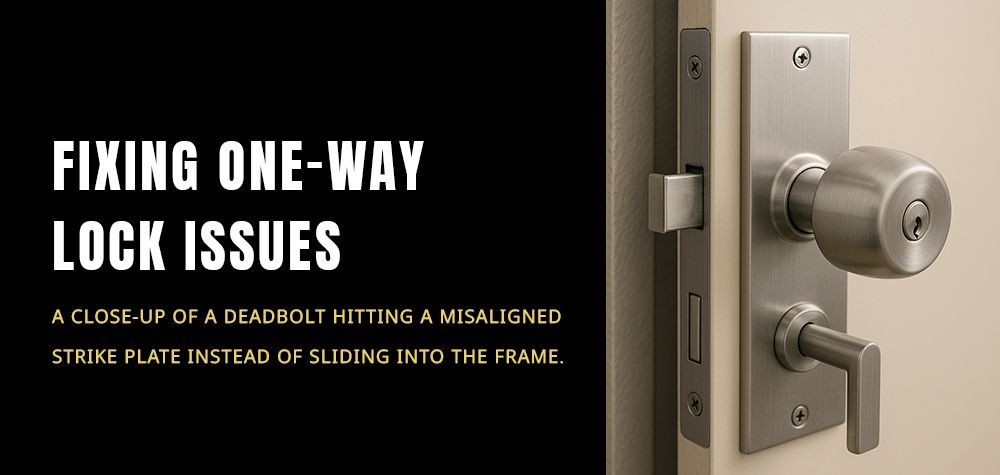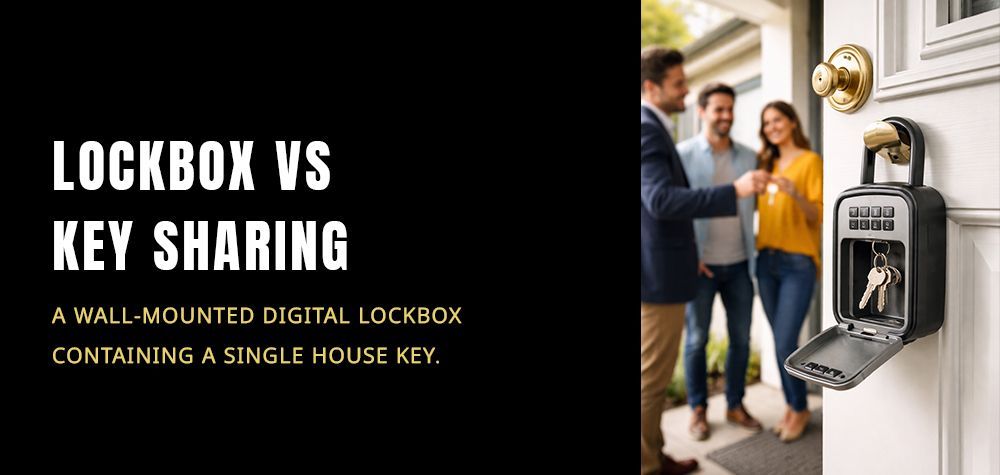How to Tell If Your Car Key Chip Is Damaged
Modern car keys are more than just pieces of metal—they contain a small electronic chip that communicates with your car’s immobilizer system. This chip, often called a transponder, is a crucial security feature that prevents the engine from starting without the correct key. But what happens when that chip gets damaged?
You might insert your key, turn it, and nothing happens. Or maybe the dashboard lights flicker, but the engine won’t start. In this article, we’ll break down how to tell if your car key chip is damaged, what symptoms to look out for, and what steps you can take to fix it.
Top 5 Reasons Your Remote Key Fob Isn’t Working Properly
What Is a Car Key Chip?
First, let’s clarify what we’re talking about. Most cars built after the mid-1990s use transponder keys, which have a small radio-frequency identification (RFID) chip embedded inside the plastic head of the key.
When you insert the key into the ignition and turn it, the car’s system sends out a signal. The chip in the key responds with a unique code. If the code matches what the car expects, it starts. If not, the engine stays off—even if the metal blade of the key turns just fine.
Signs Your Car Key Chip Might Be Damaged
If your car key chip is faulty, the car will behave as if it doesn’t recognize the key at all. Here are the most common signs:
1. The Engine Cranks but Won’t Start
This is one of the biggest red flags. You turn the key, the engine tries to start (you hear it cranking), but it doesn’t actually fire up. If the mechanical part of the key is working but the chip inside isn’t communicating, the immobilizer will block ignition.
2. Security Light Stays On or Flashes
Most modern cars have a dashboard indicator (often a key-shaped or padlock icon) that shows the status of the immobilizer. If the light keeps blinking or remains on after you insert the key, it’s often a sign that the car doesn’t recognize the chip in the key.
3. The Car Starts and Then Shuts Off Immediately
In some vehicles, the car might start for a second and then shut off. This is the immobilizer kicking in after the initial spark, realizing that the chip isn’t sending the correct code.
4. Key Only Works Occasionally
If your key works one day and then fails the next, the chip could be loose or cracked. A chip on the verge of failure may behave unpredictably. It could be a sign of physical damage from dropping the key or water exposure.
5. You’ve Recently Replaced the Key Shell
Sometimes, people replace the plastic casing or key shell and move the chip over manually. If the chip isn’t transferred properly—or gets left behind—the new key won’t work even if it turns the ignition.
Why Your Car Key Turns but the Engine Doesn’t Start
What Causes a Car Key Chip to Get Damaged?
Understanding what can damage the chip helps you avoid similar issues in the future. Some of the most common causes include:
- Physical impact (dropping the key hard on the ground)
- Water or moisture damage (especially if the key goes through the wash)
- Excessive heat (leaving the key on the dashboard in summer)
- Tampering or incorrect replacement
- Cheap aftermarket replacements without real transponders
How to Confirm the Problem
If you're unsure whether the issue is the chip or something else (like the car battery or starter), here's how to test:
- Try a spare key: If the spare works fine, the issue is likely with the chip in your main key.
- Check for dashboard lights: A blinking or solid security light is a strong clue.
- Use a locksmith diagnostic tool: A professional locksmith can test your key’s transponder signal and determine whether it’s sending the proper code.
What to Do If Your Car Key Chip Is Damaged
If your key’s chip is confirmed to be faulty, you have a few options:
1. Get a Replacement Key Programmed
Most auto locksmiths and dealerships can cut and program a new key for your car. This process usually involves:
- Verifying ownership of the vehicle
- Cutting a new key blade (if needed)
- Programming the chip to match your car’s immobilizer system
This is often more affordable through a locksmith than at a dealership.
2. Avoid DIY Key Replacements Without Chips
Ordering a cheap key online might seem like a good idea—but if it doesn’t come with a real transponder chip, it won’t start your car. Make sure any replacement is programmed and compatible with your vehicle’s system.
3. Call a Professional Automotive Locksmith
If you’re stuck or unsure what’s wrong, calling a licensed locksmith is often the fastest way to diagnose and fix the issue. They can test your key on the spot, check the immobilizer system, and create a new key if needed—often for less than what a dealership would charge.
How to Unlock a Steering Wheel Without a Key
Preventing Chip Key Issues in the Future
- Avoid dropping your keys or using them roughly
- Keep keys away from water, heat, and magnets
- Store your spare in a safe, dry place
- Don’t delay key replacement if you notice early warning signs
- Use a keychain that doesn't pull or stress the plastic head of the key
Final Thoughts
Your car’s key chip is small—but it plays a big role in keeping your vehicle secure and functional. When it gets damaged, your car won’t start, no matter how many times you turn the key. If you notice signs like dashboard warning lights, cranking without ignition, or an inconsistent start-up, there’s a good chance the chip is failing.
The good news? With a professional locksmith’s help, you can often get a replacement key made quickly and get back on the road with confidence. Don’t ignore the early signs—your key is talking to your car, and when it stops, so does everything else.
Call Us Any Time!









